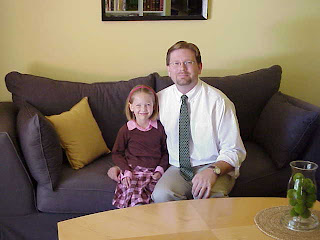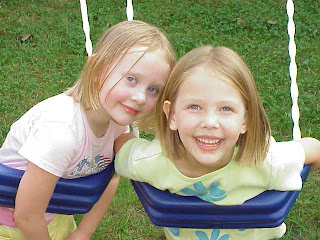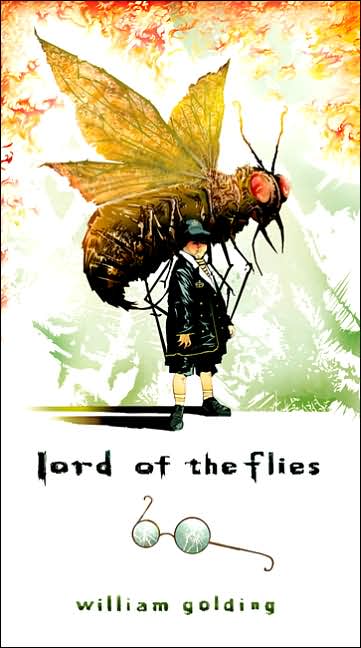
I received the special "Mormons and Film" issue of BYU Studies this week and was thrilled with what I found there. Randy Astle and Gideon Burton, the issue's editors, have done a great thing and deserve a lot of thanks from people like me. Every page of it seems packed with with useful information and wise insight into the relationship between Latter-Day Saints and the movies. For what I'm interested in doing in my PhD work, the book might as well be made of gold or platinum or really, really good chocolate. I haven't read the whole thing yet but I can already tell it's going to be invaluable to my school work.
Terryl L. Givens' essay, "There Is Room for Both: Mormon Cinema and the Paradoxes of Mormon Culture," explores some issues and questions that have been on my mind for a long time. Givens writes about the "dynamic tensions" present in the LDS culture and how they relate to Mormon stories being told on film. On the second page of the essay is this passage:
"The first tension emerges from a fundamental paradox in Joseph Smith's religion making: a perennial but uneasy coexistence of searching and certainty. The Prophet emphasized in his religious thinking the right to epistemological assurance even as he outlined a vision of salvation that is endlessly, frustratingly, at times dishearteningly deferred. For many observers, the supreme confidence and amplitude of Mormon pronouncements upon their own faith smack of spiritual arrogance and self-complacency. But these tendencies operate in tandem with a powerful countercurrent: salvation is for Mormons an endless project, not an event, and is therefore never complete, never fully attained. It is not an object of secure possession in this life. It is, in a word, agonistic -- predicated on a process of ceaseless struggle. Like Faust in his dispute with Mephistopheles, who insisted, 'Once come to rest, I am enslaved,' Joseph saw dynamic transformation, not static bliss, as the existential condition of humanity and the destination of the righteous.
"Joseph's crowned Saints are no angelic choirs passively basking the glory of their God, but Faustian strivers endlessly seeking to shape themselves into progressively better beings, fashioning worlds and creating endless posterity, eternally working to impose order on an infinitely malleable cosmos, 'learning' salvation and 'beyond the grave' at that. Perpetual, painful self-revelation and inadequacies ameliorated only through eons of schooling, standing in stark contrast with confidently expressed certainties about theological truths and spiritual realities, certainly result in one of Mormonism's most dynamic paradoxes. Latter-Day Saints presume to positively know where they came from, why they are here, and where they are headed. But such confidence is paired with the sometimes disheartening personal recognition that salvation itself must wait upon the laborious acquisition of an unfathomable scope of knowledge and the complete personal transformation into a godly individual. Mormons are sure of what they know, and personally and institutionally it is beyond compromise or negotiation. But that which they do not know will occupy them in the schoolrooms or the life beyond, says Joseph, for 'a great while after [they] have passed through the veil.' It is no wonder that Mormon culture expresses itself in inconsistent bursts of the pat and the provocative, the cliched, and the astonished, the complacent and the yearning" (190-91).
This passage sums up what has seemed so schitzo to me about my religion for a long time. We are all so sure the church is true and the Gospel is the way to peace and happiness and that it's the right thing for everybody. And yet we are all so messed up. Our lives are riddled with pain and tragedy, which is to be expected, but also with much self-doubt, secret questioning, fear, and resentment. We know and yet we know that we don't know much at all. We're certain but we're also unsure what that certainty can do for us at his moment.
How do those two things gel?
I don't know the answer and I don't know that the essay goes on to offer anything definitive (I haven't finished it yet). But just the fact that someone articulated that particular dynamic in the way my people think and act really meant something to me. And it isn't often that academic writing means anything to me other than hours of trying to stay awake through some jackass performing word gymastics for pages and pages. So it was much appreciated and I'm excited to get through the rest of the essay and the rest of the whole issue. (I'm also excited to read that Randy Astle is expanding his history of Mormon Cinema to book length. Yee haw!)





















